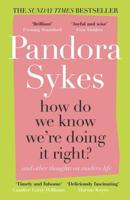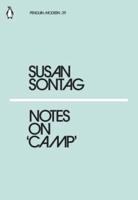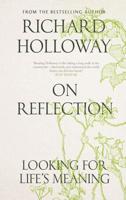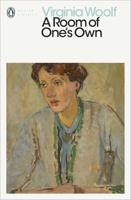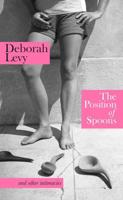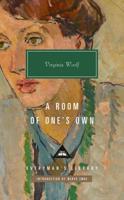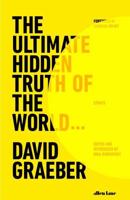Publisher's Synopsis
Excerpt from Frames of Mind
But that is no affair of mine. My affair is to get at the law of change in the taste for tragedy. And I think M. F aguet's three categories ought to put us on the right track. You have the comic, the tragic, and the horrible, all offering the Spectacle of suffering - a pleasant spectacle in the first two cases unpleasant in the third. My point is that these three categories in the process of time all tend - after the fashion of the Mad Hatter and the Dormouse at the tea-party-to move down one place.
What was comic tends to become tragic, and what was tragic to become horrible. Here are a few instances at random. Shylock was once a comic part. So was Tartuffe. Hamlet's mad scenes were intended to provoke a laugh from the Elizabethans. Half the matter of Moliere's comedies - the mental agony of Harpagon, the bamboozling of Amolphe, the betrayal of George Dandin, the jilting of Alceste - now strikes a chill. It is cruel, to the point of ferocity. These are cases of the comic turned tragic. As for the tragic turned horrible, Marlowe and Webster and the minor Elizabethans will give you scores of instances. In any modern revival of Macbeth we may safely reckon upon not seeing the slaughter of young Macduff in his mother's presence. Here what was only tragic for the Elizabethans has become horrible to us.
As a counterpart to this, you have the tendency in our modern actors to give Shakespearean tragedy its lightest possible interpretation. I think I shall be able to show how in Richard, Sir Henry Irving did his utmost to sink the tyrant and put forward the humorist, and how Mr. Forbes Robertson offered us a Hamlet with the gloom left out - a man of positively sunny temperament and youthful charm. To appreciate the changed point of view, you have only to look at the picture of John Kemble handling Yorick's skull.
About the Publisher
Forgotten Books publishes hundreds of thousands of rare and classic books. Find more at www.forgottenbooks.com
This book is a reproduction of an important historical work. Forgotten Books uses state-of-the-art technology to digitally reconstruct the work, preserving the original format whilst repairing imperfections present in the aged copy. In rare cases, an imperfection in the original, such as a blemish or missing page, may be replicated in our edition. We do, however, repair the vast majority of imperfections successfully; any imperfections that remain are intentionally left to preserve the state of such historical works.


